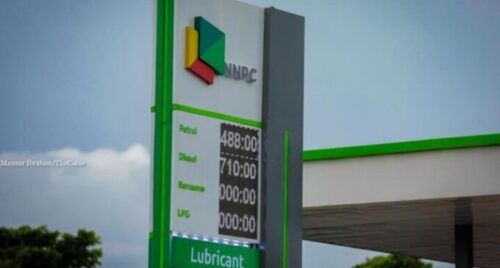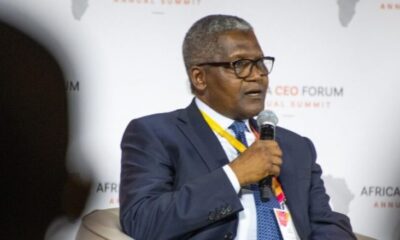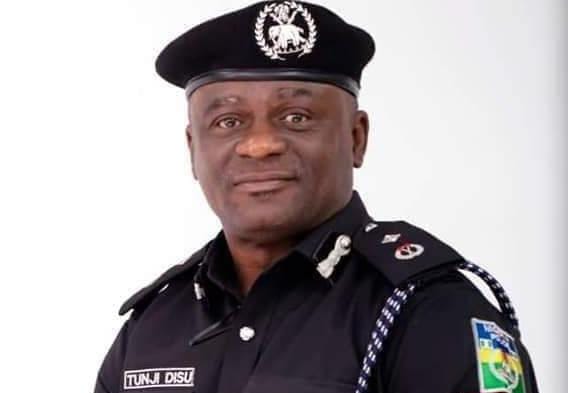The Federal Capital Territory Police Command has killed two armed robbers during a gun duel and arrested four others in the Jahi area of the nation’s capital.
Additionally, no fewer than five car snatchers were arrested, and 13 stolen vehicles were recovered during operations carried out by the FCT command’s Scorpion Squad.
Speaking on Wednesday while parading the suspects in Abuja, FCT Commissioner of Police, Tunji Disu, said the armed robbers opened fire on October 21 after seeing police officers who had responded to a distress call about a robbery in the Jahi area.
According to Disu, during the ensuing gun battle, the police neutralized two of the armed robbers, recovered two of their vehicles, and arrested two suspects, Haruna Abdullahi, 32, from Ikara LGA, Kaduna State, and Yerima Usman, 28, from Itoro LGA, Bauchi State.
He said, “Upon sighting the police patrol vehicle, the suspects opened fire, and in the ensuing confrontation, two suspects were neutralized.”
Disu added that after a follow-up operation on October 23, the suspects led police operatives to arrest two additional gang members—Abba Ismail, aka Dan-Abba, and Ashiru Suleiman—who had escaped from the scene.
“During interrogation, the suspects confessed to being part of a gang of armed robbers led by one Dan Auwalu, who is still at large. So far, they have carried out armed robberies in Mabushi, Jahi, and Gishiri. Efforts are ongoing to apprehend the remaining gang members,” he stated.
Disu also identified the arrested car-snatching suspects as 32-year-old Arji Thomas from Gwoza LGA, Borno State; Amobi Ndukwe, 40, from Awgu LGA, Enugu State; and Amaechi Sampson, 26, from Imo State.
He said the trio—Thomas, Ndukwe, and Sampson—are members of a notorious car-snatching gang led by one Chidiebere, who is currently on the run.
According to him, the suspects were apprehended just as they were about to sell a stolen blue Toyota Corolla with registration number KTW 2155D.
“It is important to note that both Arji Thomas and Amobi Ndukwe are ex-convicts. During interrogation, they admitted to operating in Garki for the past year and a half, claiming responsibility for numerous car thefts within the metropolis,” Disu added.
Disu also explained how Joseph Abang was arrested. He said one Philemon Olaoluwa reported at the Central Police Station that his mechanic, Abdulhamid Saidu, had absconded with his car—a 2006 ash-colored Honda Accord with registration number RBC 40—after repairing it and taking it to Jos.
He added that Saidu, who is still at large, handed over the vehicle to Abang, who confessed to being part of a gang of car thieves operating in Abuja, Plateau, and Nasarawa states.
Disu said, “Extensive investigations led police operatives of the Central Police Station to Jos, Plateau State, where Joseph Abang was arrested. During interrogation, he informed the police that he belonged to a gang of car thieves who operated in Jos, Abuja, and Nasarawa State.
“He specializes in receiving, remodelling, and selling off vehicles stolen by his gang members. During a search operation at his residence and place of business, two additional vehicles—a Hyundai Accent and a Peugeot 208—suspected to be stolen were also recovered from him. He is in custody and will be charged in court upon the conclusion of the investigation.”
Disu also revealed that a Toyota Hilux with registration number 03A309 FG, stolen by a newly employed security guard, Usman Abubakar, was recovered. Efforts are ongoing to apprehend the suspect.
Disu explained that the vehicle, owned by Mr. Frank Udah, was stolen on October 7 by Abubakar, who had only been employed for three days. Preliminary investigations revealed that Abubakar took the vehicle to Nasarawa State, where he handed it over to two other gang members, who have since been arrested and are facing trial for another offence in Nasarawa State.
“Preliminary investigations revealed that the security guard, who had been employed for barely three days, stole the said vehicle on October 7, 2024, and took the same to Nasarawa State where he gave the vehicle to two other gang members who were arrested and currently facing trial for another offence in Nasarawa State. While the vehicle has been recovered, efforts are in place to arrest the suspect, Usman Abubakar, who is still on the run,” Disu stated.

 BIG STORY4 days ago
BIG STORY4 days ago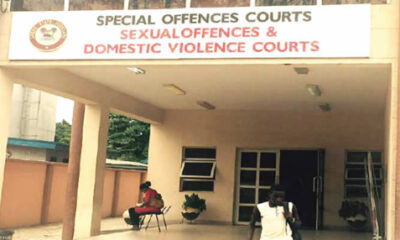
 BIG STORY3 days ago
BIG STORY3 days ago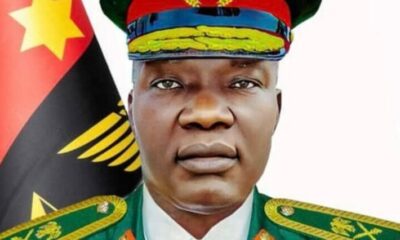
 BIG STORY2 days ago
BIG STORY2 days ago
 BIG STORY4 days ago
BIG STORY4 days ago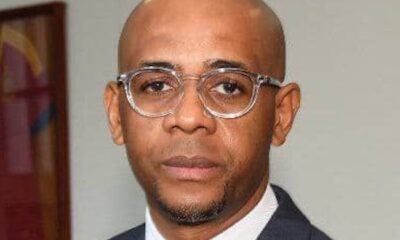
 BIG STORY2 days ago
BIG STORY2 days ago
 BIG STORY2 days ago
BIG STORY2 days ago
 BIG STORY4 days ago
BIG STORY4 days ago
 BIG STORY2 days ago
BIG STORY2 days ago




